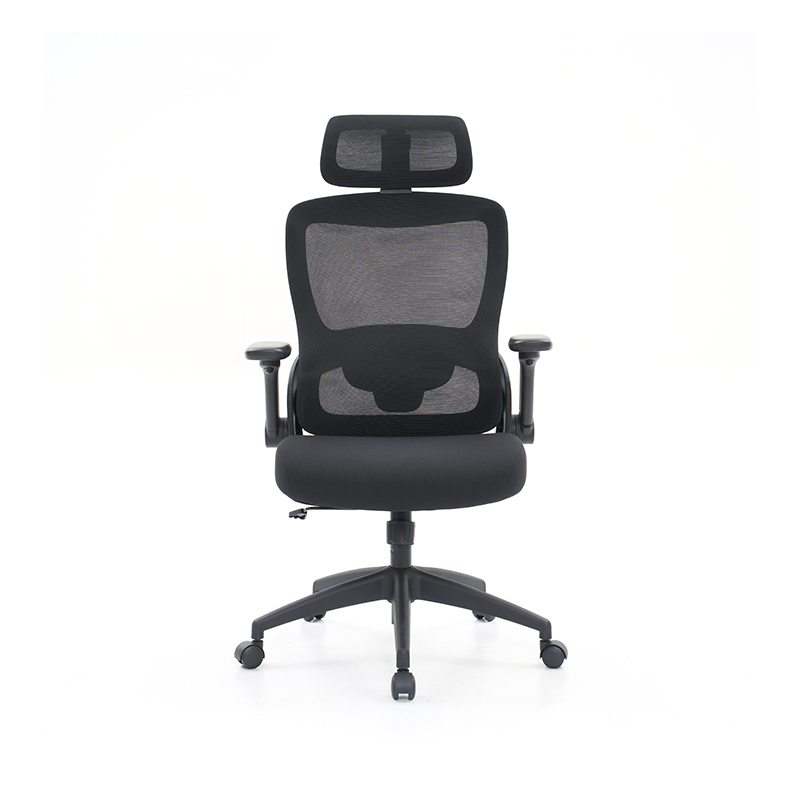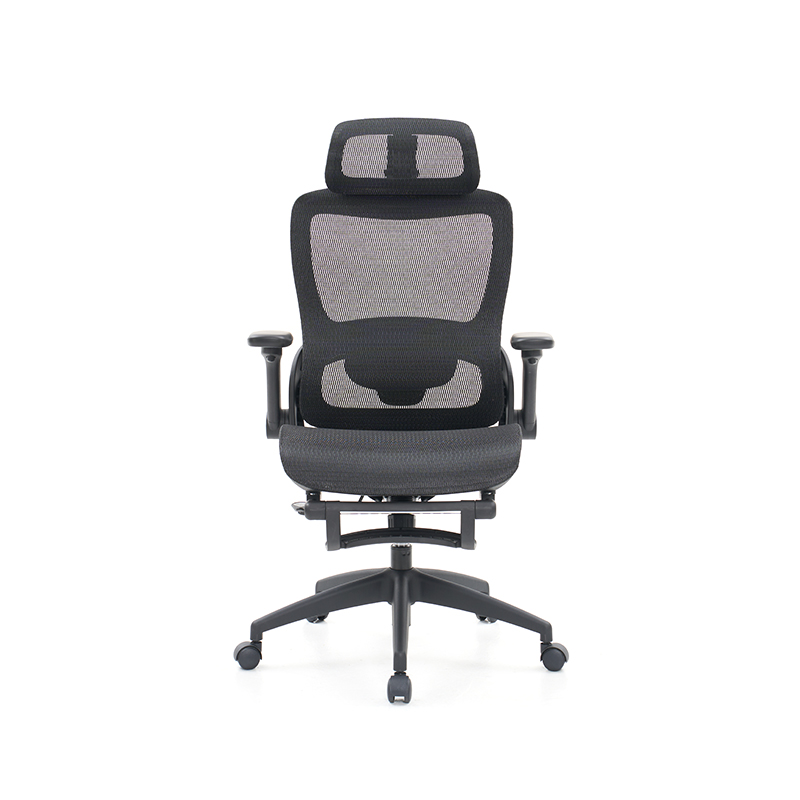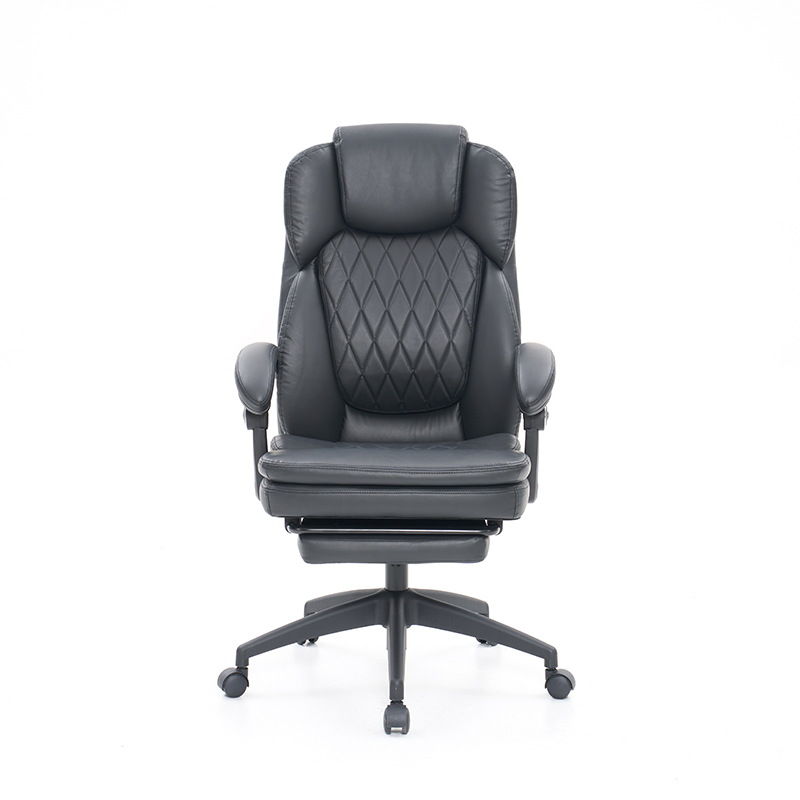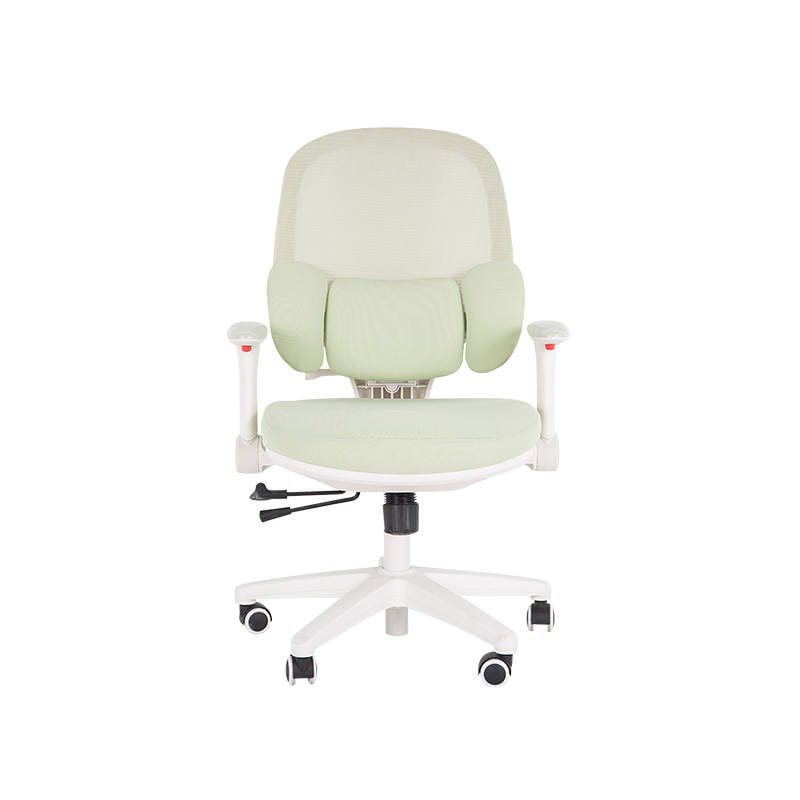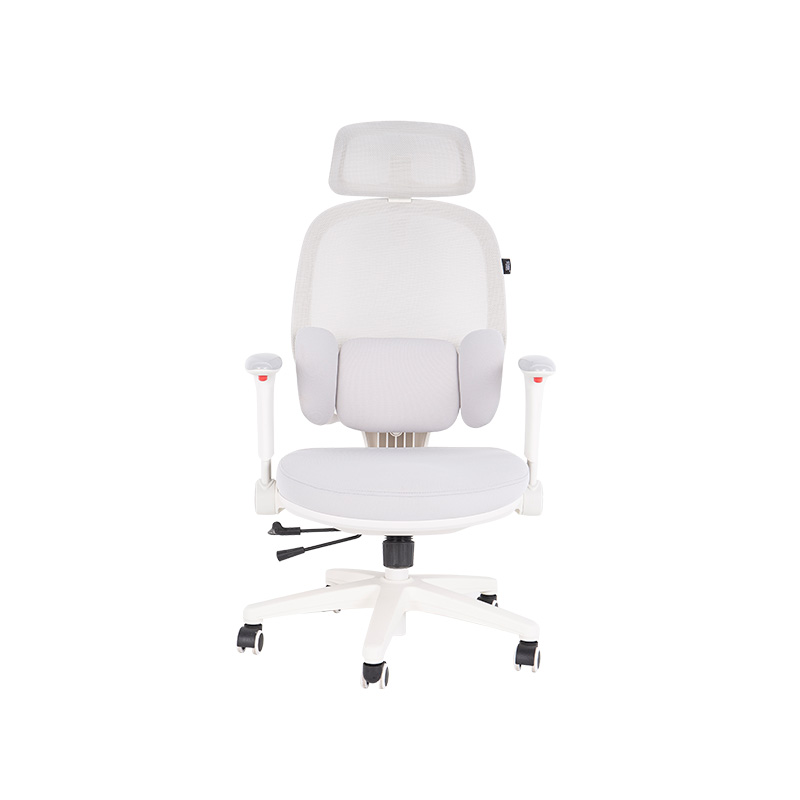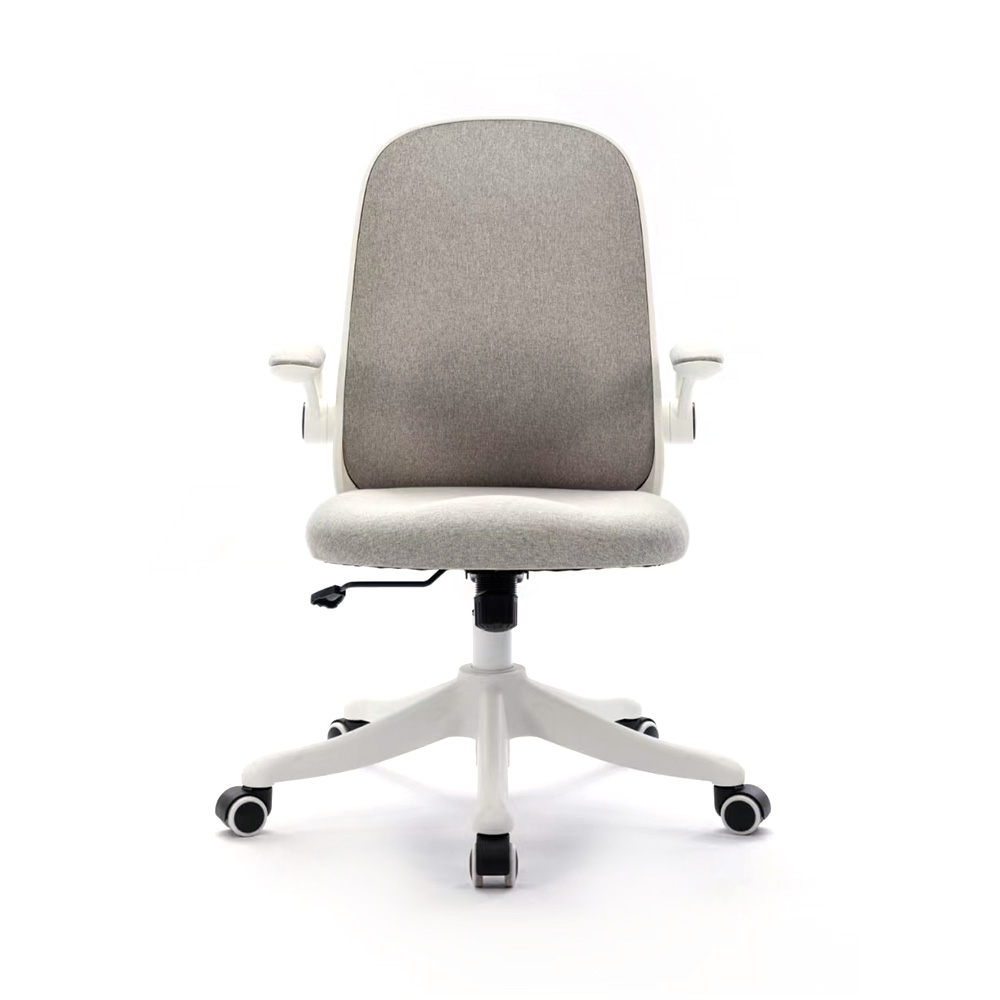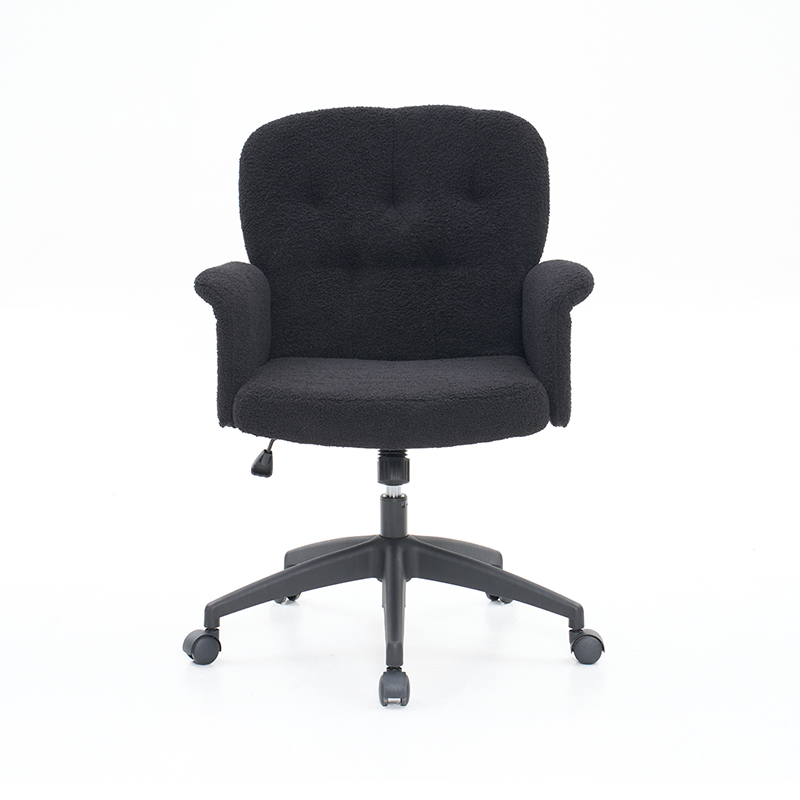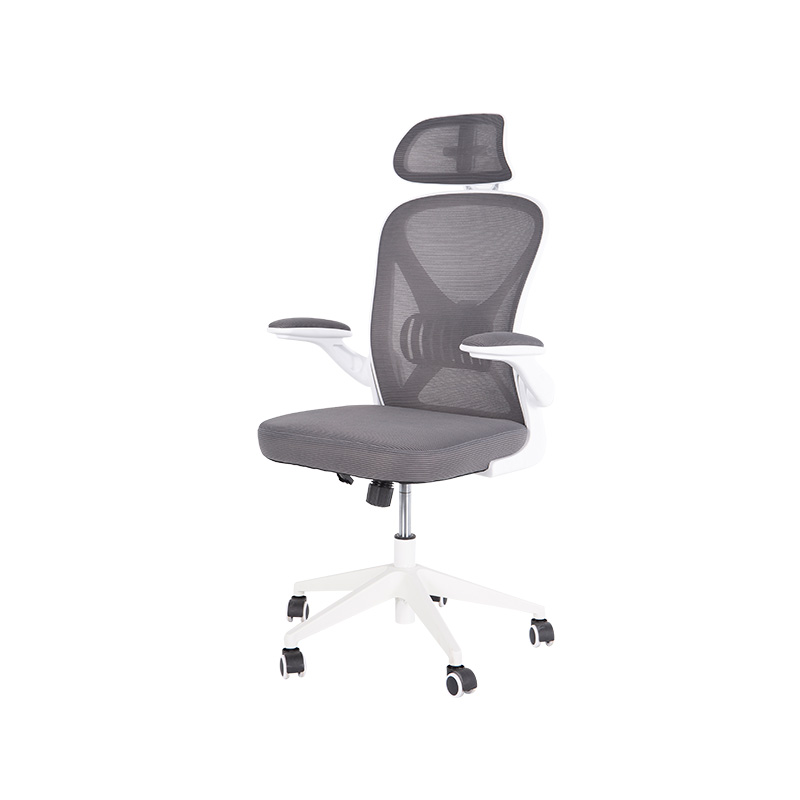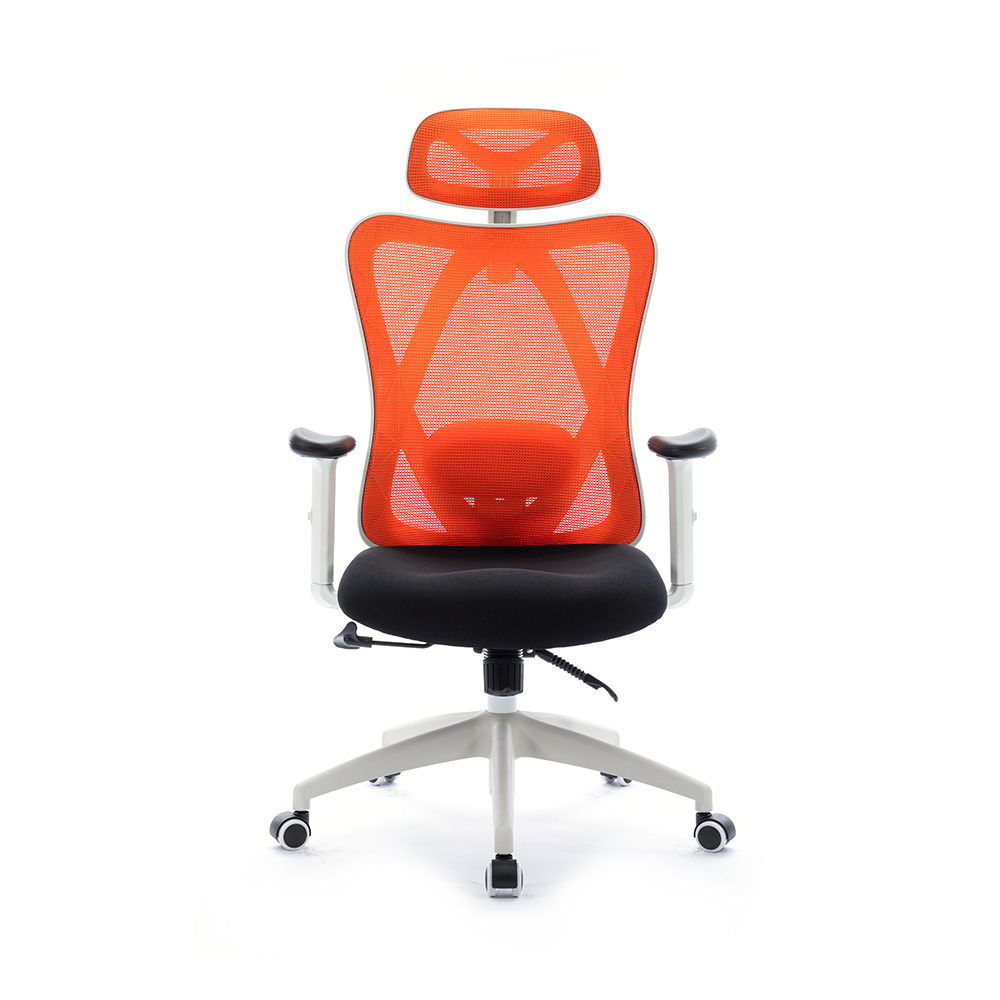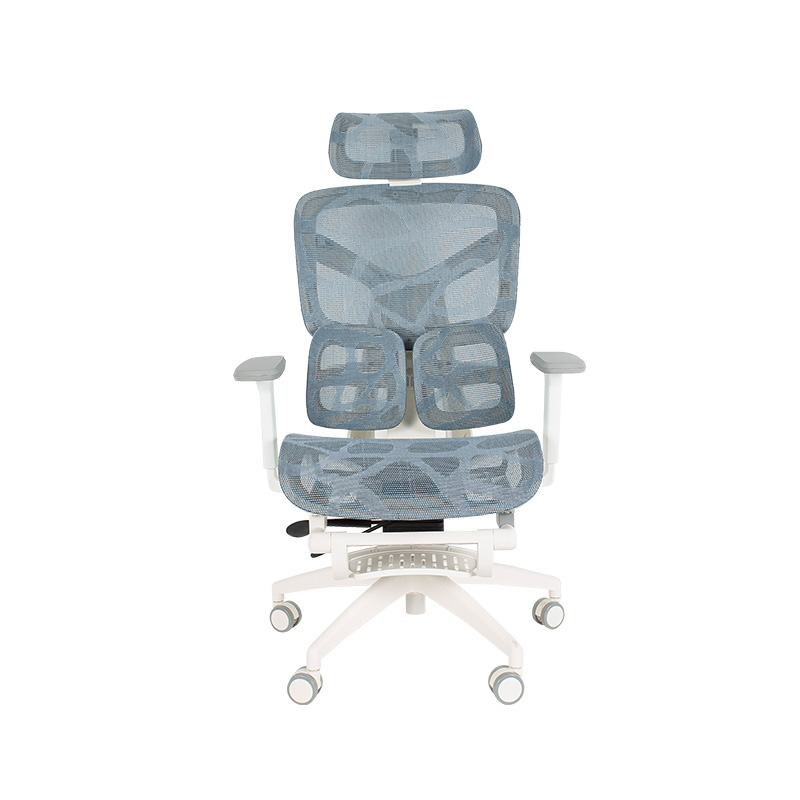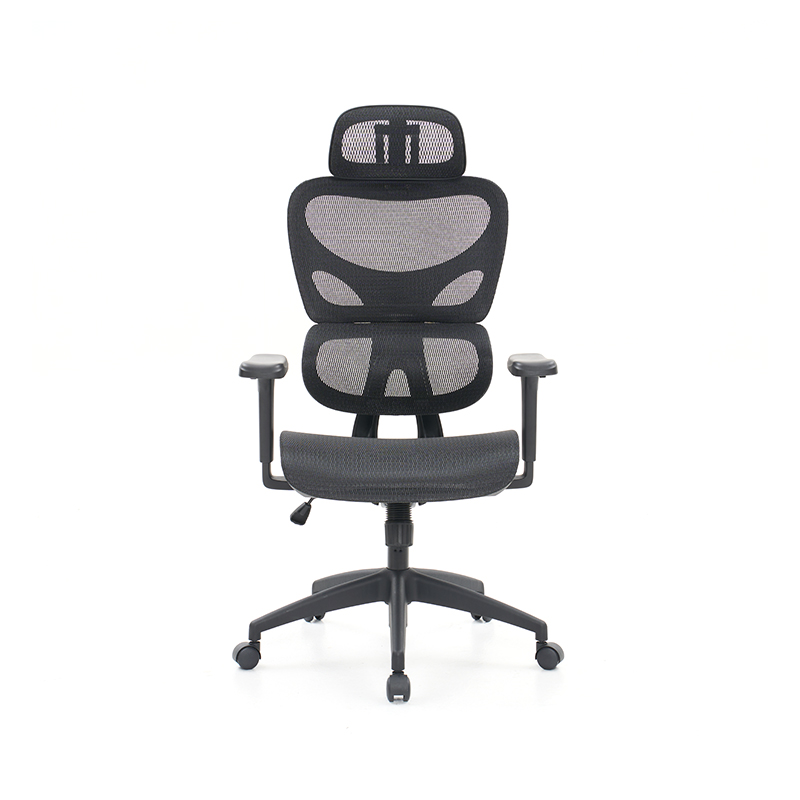Guide to Choosing the Right Adjustable Height Job Mesh Chair Suppliers
Understanding Your Sourcing Needs for Ergonomic Seating
Before embarking on the journey to find the perfect supplier, it is paramount to have a crystal-clear understanding of your specific requirements. The term "adjustable height job mesh chair" encompasses a wide range of products, and your business needs will significantly influence which supplier is the best fit. A thorough internal assessment will not only streamline your search but also empower you during negotiations, ensuring you receive a product that truly meets the demands of your end-users.
Defining Your Technical and Ergonomic Specifications
The core functionality of an adjustable height job mesh chair lies in its ability to promote comfort and productivity. However, not all chairs are created equal. You must move beyond the basic premise of adjustability and mesh material to define the precise technical specifications that matter for your target market. Consider the primary environment where the chair will be used. Is it for a dynamic call center with long hours of seated work, or for a tech startup where employees frequently shift between sitting and standing desks? The intensity of use will dictate the required durability and feature set.
- Adjustability Range: Determine the minimum and maximum seat height required to accommodate a diverse workforce. A chair that adjusts from 16 to 20 inches may not be suitable for a very tall or very short individual.
- Lumbar Support: Assess the type of lumbar support needed. Is a fixed, curved backrest sufficient, or is an adjustable lumbar mechanism necessary to provide personalized support for different spinal curves?
- Weight Capacity: Establish the maximum weight capacity the chair must support. This is a critical factor for long-term durability and user safety.
- Material Quality: Not all mesh is the same. Specify the desired density and tension of the mesh fabric. High-quality, breathable mesh will prevent sagging over time and ensure consistent comfort.
- Additional Features: Decide on the necessity of features such as adjustable armrests (height, width, pivot), a tilting mechanism with tension control, a waterfall seat edge to improve circulation, and the type of casters suitable for your flooring.
Quantifying Your Commercial Requirements
Beyond the product itself, your commercial expectations play a crucial role in selecting a supplier. Being upfront about your business scale and logistics needs will help you identify partners who can reliably fulfill your orders. A supplier perfect for a small boutique order may be overwhelmed by a large corporate tender, and vice versa.
- Order Volume: Project your initial order quantity and potential reorder frequency. This will immediately segment suppliers into those catering to small businesses, medium-sized enterprises, or large corporations.
- Budget Constraints: Define your target price per unit. Remember to balance cost with quality; the cheapest option often carries hidden costs in the form of returns, repairs, and damaged reputation.
- Lead Times: Understand your timeline. Do you need stock items shipped immediately, or are you planning for a custom order with a longer production cycle? Reliable suppliers provide realistic lead times and stick to them.
- Logistics and Shipping: Consider your geographical location and the supplier's ability to ship to you efficiently. Inquire about their experience with international shipping, customs documentation, and Incoterms if you are sourcing from overseas.
Key Factors in Vetting Potential Office Chair Partners
Once you have a detailed list of your needs, the next step is to develop a systematic approach to evaluate potential suppliers. This process goes far beyond a simple price comparison. It involves a deep dive into the supplier's manufacturing capabilities, quality control processes, and overall business ethos. A meticulous vetting process is your primary defense against poor product quality, unreliable delivery, and frustrating customer service experiences.
Assessing Manufacturing Capabilities and Quality Control
The ability of a supplier to consistently produce high-quality chairs is rooted in their manufacturing infrastructure and quality assurance protocols. A supplier with robust capabilities will be transparent about their processes and welcome your inquiries.
- Factory Audits and Certifications: Inquire if the supplier has undergone independent factory audits (e.g., for social compliance or quality management systems like ISO 9001). These certifications are a strong indicator of a professionally run operation.
- In-House Production vs. Outsourcing: Determine whether the supplier manufactures key components in-house or outsources them. In-house production often allows for better quality control and more flexible customization.
- Quality Control Procedures: Ask for a detailed description of their QC process. How many inspection points are there during production? What is their procedure for a pre-shipment inspection? A reputable supplier will have a multi-stage inspection system.
- Material Sourcing: Understand where they source their raw materials, such as the polymer for the mesh, the steel for the frame, and the gas cylinder for the height adjustment. High-quality components are the foundation of a durable chair.
Evaluating Supplier Reliability and Communication
A perfect product is of little value if it arrives late or if communication breaks down when problems arise. The reliability and professionalism of your supplier are as important as the product they sell.
- Company History and Reputation: Research how long the supplier has been in business. Look for customer testimonials, case studies, or industry reviews. A long-standing positive reputation is a valuable asset.
- Responsiveness and Communication: Gauge their communication from your first interaction. Are they prompt, clear, and helpful? A supplier who is difficult to reach during the sales process will likely be worse after the sale is complete.
- Sample Policy: A confident supplier will encourage you to order a sample chair. This is the most effective way to verify quality, comfort, and workmanship firsthand. Be wary of suppliers who are reluctant to provide samples.
- Financial Stability: While difficult to assess directly, indications of financial stability can include a well-maintained website, professional marketing materials, and a willingness to provide references from other business clients.
Comparing Different Types of Mesh Chair Suppliers
The supplier landscape for adjustable height job mesh chairs is diverse, and each type of supplier comes with its own set of advantages and challenges. Understanding these categories will help you align a supplier's business model with your own strategic goals. The choice often involves a trade-off between cost, customization, service, and minimum order quantities.
Manufacturers vs. Distributors
The most fundamental distinction in the supply chain is between the original manufacturer and a distributor or wholesaler. Partnering with a bulk office mesh chair manufacturers for corporate contracts typically means you are dealing directly with the source. This often translates to lower per-unit costs, greater potential for product customization, and more direct control over production timelines. However, manufacturers usually have higher Minimum Order Quantities (MOQs), and their primary focus is on production, which might mean less hand-holding during the sales process. In contrast, a distributor acts as an intermediary. They purchase chairs in large quantities from various manufacturers and resell them in smaller batches. The key advantage here is lower MOQs, making them accessible for smaller businesses. They often hold inventory, leading to faster shipping times. The trade-off is a higher price per unit to cover their margin, and less flexibility for customization since you are choosing from their existing catalog.
The following table provides a clear comparison:
| Factor | Manufacturer | Distributor |
|---|---|---|
| Pricing | Generally lower due to no middleman. | Higher to account for distributor markup. |
| Minimum Order Quantity (MOQ) | Typically high, suited for large orders. | Lower, accessible for small to medium businesses. |
| Customization | High potential for custom designs, colors, and logos. | Limited to existing stock and standard options. |
| Lead Time | Can be longer for custom orders. | Often shorter for in-stock items. |
| Primary Focus | Production and large-scale fulfillment. | Sales, customer service, and inventory management. |
Specialist Ergonomic Suppliers vs. General Furniture Suppliers
Another key differentiation lies in the supplier's area of expertise. A specialist ergonomic supplier focuses exclusively on seating solutions designed for health and productivity. Their deep product knowledge is a significant advantage. They are more likely to understand the nuances of lumbar support mechanisms, tilt tension adjustments, and the ergonomics of long-term seating. They often provide superior after-sales support and warranty services specifically for their chairs. On the other hand, a general furniture supplier offers a broad range of office products, from desks to storage to chairs. While they may offer adjustable mesh chairs, their expertise is broader and shallower. Their main benefit is the convenience of one-stop shopping, potentially consolidating your office furnishing needs with a single vendor. However, their knowledge about the specific ergonomic benefits and technical details of their mesh chairs may be limited.
The Importance of Customization and OEM Services
For businesses looking to establish a strong brand identity or cater to a very specific market niche, the ability to customize products is a critical factor. Off-the-shelf solutions are sufficient for many, but customization can provide a significant competitive edge. When evaluating OEM adjustable task chair suppliers with custom options, it is essential to understand the scope and limitations of what they can offer.
Exploring the Scope of Customization
Customization can range from simple branding exercises to fundamental changes in the chair's design. It is important to discuss your vision with potential suppliers early in the process to gauge their capability and willingness to accommodate your requests.
- Branding and Aesthetics: The most common form of customization is applying your company's logo to the chair, typically via a silk-screen print on the mesh backrest or a laser engraving on the plastic components. Beyond logos, you can often customize the color of the mesh, frame, and armrests to match your corporate colors.
- Component Modification: Some suppliers offer modifications to standard components. This could include offering a different type of casters (e.g., hard-floor vs. carpet casters), upgrading the gas cylinder for a higher weight capacity, or providing different armrest styles (e.g., flip-up arms, wider padding).
- Full OEM/ODM Services: For large-volume partnerships, some manufacturers offer Original Equipment Manufacturing (OEM) or Original Design Manufacturing (ODM) services. This involves creating a completely unique chair model based on your designs and specifications, or modifying an existing model to such an extent that it becomes a proprietary product for your business.
Working with a supplier who offers robust customization services allows you to create a product that is perfectly tailored to your market's needs, enhancing user satisfaction and strengthening your brand presence. It transforms a generic piece of office furniture into a strategic business asset.
Navigating the MOQ and Cost Implications
Customization invariably comes with cost implications and minimum order requirements. Adding a logo or changing a color typically incurs a one-time setup fee (for creating the screens or molds) and a per-unit cost increase. More significant modifications, like changing the chair's frame design, will require much higher MOQs and substantial investment in tooling. It is crucial to have a transparent discussion with the supplier about all associated costs and MOQs before committing to a custom project. A reliable partner will provide a detailed cost breakdown and guide you on how to achieve your branding goals in the most cost-effective manner, perhaps by suggesting alternative methods or materials that can reduce expenses without compromising the final outcome.
Ensuring Quality: Certifications and Material Standards
In the office furniture industry, product quality and safety are non-negotiable. Certifications and adherence to international material standards are objective indicators that a supplier is committed to producing safe, durable, and reliable products. When sourcing, particularly for a large-scale deployment, prioritizing suppliers who can provide verifiable proof of compliance is essential for risk mitigation.
Critical International Safety and Durability Certifications
Several key certifications serve as benchmarks for quality in the office chair industry. These are not merely logos on a brochure; they are the result of rigorous testing conducted by independent laboratories.
- ANSI/BIFMA Certification: This is the gold standard for office furniture in North America. The American National Standards Institute (ANSI) and the Business and Institutional Furniture Manufacturer's Association (BIFMA) have established a set of tests that evaluate a chair's safety, durability, and structural adequacy. A chair that is BIFMA certified has passed tests for stability, cycle life (simulating years of use), load capacity, and other critical factors. It is a strong sign of a high-quality product.
- EN 1335 Certification: This is the European equivalent, specifying dimensional and safety requirements for office chairs. Compliance with EN 1335 ensures the chair meets ergonomic and safety standards for the European market.
- Greenguard Gold Certification: This certification focuses on indoor air quality. It verifies that a product (like an office chair) has low chemical and particle emissions, contributing to a healthier indoor environment. This is a crucial consideration for environmentally sensitive spaces or organizations focused on employee well-being.
When you are looking for ergonomic office chair suppliers with BIFMA certification, you are actively filtering for partners who invest in third-party validation of their product's quality and safety. It is a clear differentiator between a serious manufacturer and a less reputable operation.
Understanding Material Quality and Sustainability
Beyond structural certifications, the materials themselves are a key component of quality and are increasingly linked to sustainability goals. Inquire about the standards governing the materials used in the chairs.
- Mesh Fabric: High-quality mesh is often made from technically advanced polymers like Perlon. It should be resilient, maintaining its tension over years of use without stretching or sagging. The fabric should also be breathable to promote air circulation.
- Frame and Base: The chair's frame should be made from reinforced steel or high-grade aluminum for strength. The base, typically a five-star design, should be made from nylon or reinforced polymer that can withstand impact and heavy loads. A base certified by the American Society for Testing and Materials (ASTM) for its load capacity is a good sign.
- Recycled Content and Recyclability: Many businesses now prioritize sustainability. Ask potential suppliers if their chairs incorporate post-consumer recycled content and if the components are designed for disassembly and recycling at the end of the product's life. This aligns with corporate social responsibility initiatives and can be a valuable marketing point.
Logistics, Warranty, and After-Sales Support
The final, and often most operationally critical, phase of working with a supplier involves logistics, warranty, and ongoing support. A smooth shipping process, a comprehensive warranty, and responsive after-sales service are what separate a good supplier from a great one. These elements directly impact your total cost of ownership and customer satisfaction.
Navigating Shipping, Importation, and Delivery
Logistical complexity increases exponentially when sourcing from international suppliers. A clear understanding of the shipping process is vital to avoid unexpected delays and costs. For businesses seeking global shipping for adjustable mesh operator chairs, the supplier's experience in international trade is paramount.
- Shipping Methods and Incoterms: Suppliers may offer various shipping methods, such as sea freight (for large volumes), air freight (for speed), or courier services (for samples). It is crucial to agree on the Incoterms (International Commercial Terms), which define the responsibilities of the buyer and seller for delivery, costs, and risk. Common terms include EXW (Ex-Works), FOB (Free on Board), and CIF (Cost, Insurance, and Freight).
- Packaging: Inquire about the packaging standards. Office chairs should be packed in double-wall cartons with foam or cardboard protectors to prevent damage during transit. Proper packaging is especially critical for sea freight, which involves longer handling times.
- Documentation: A reliable supplier will handle all necessary export documentation efficiently. For your part, you must understand the import regulations, duties, and taxes in your country. Some suppliers may offer assistance with this, but the ultimate responsibility lies with the importer.
Establishing a clear logistical framework with your supplier from the outset prevents misunderstandings and ensures a seamless journey for your products from their factory to your warehouse.
The Value of a Strong Warranty and Customer Service
The warranty offered by a supplier is a direct reflection of their confidence in the product's quality. It is a form of insurance for your investment. A comprehensive warranty should cover defects in materials and workmanship for a specified period, typically ranging from one year to a lifetime for different components (e.g., frame lifetime warranty, mesh 5-year warranty). Scrutinize the warranty terms carefully to understand what is and isn't covered, and the process for making a claim.
Equally important is the supplier's after-sales support. When a customer contacts you with a problem—such as a missing part or a malfunctioning mechanism—you need a supplier who will respond quickly and effectively. This is where partnering with reliable mesh chair vendors for long-term business proves its worth. A reliable vendor will have a dedicated customer service team to handle parts replacement, provide technical advice, and honor their warranty commitments without unnecessary delays. This reliability allows you to build trust with your own customers, knowing that you have a strong partner to back you up. The ability to provide consistent, long-term support is a hallmark of a supplier who views your relationship as a partnership, not just a transaction.
Contact Us

 English
English 中文简体
中文简体 عربى
عربى




